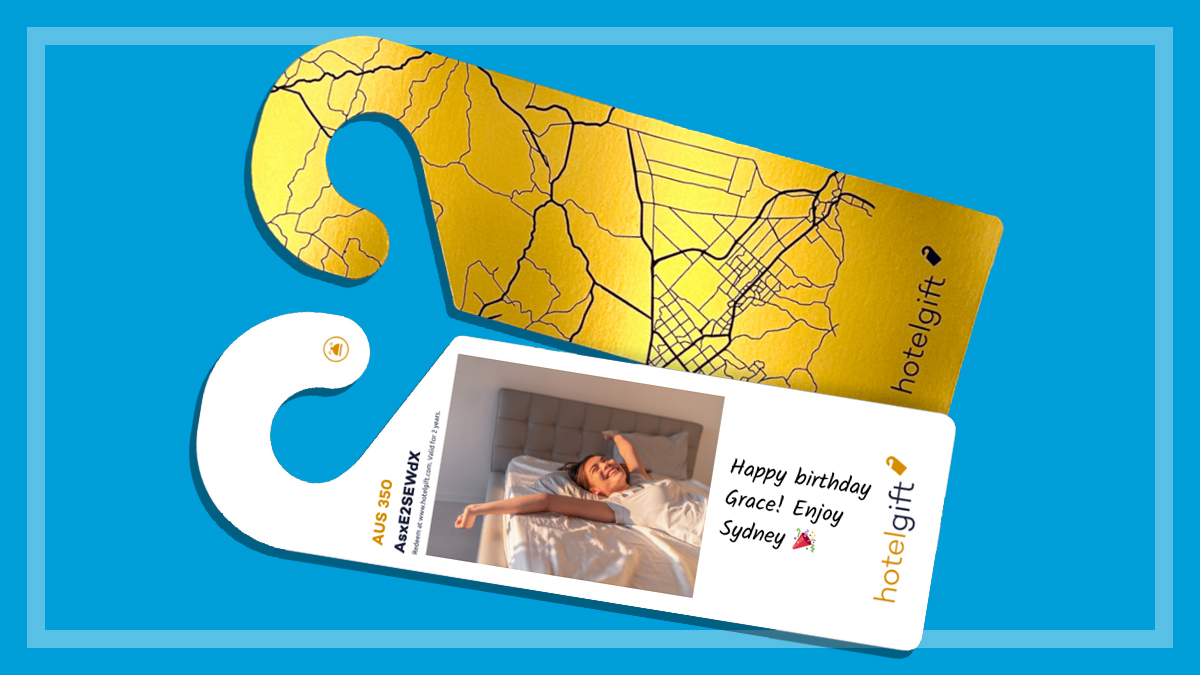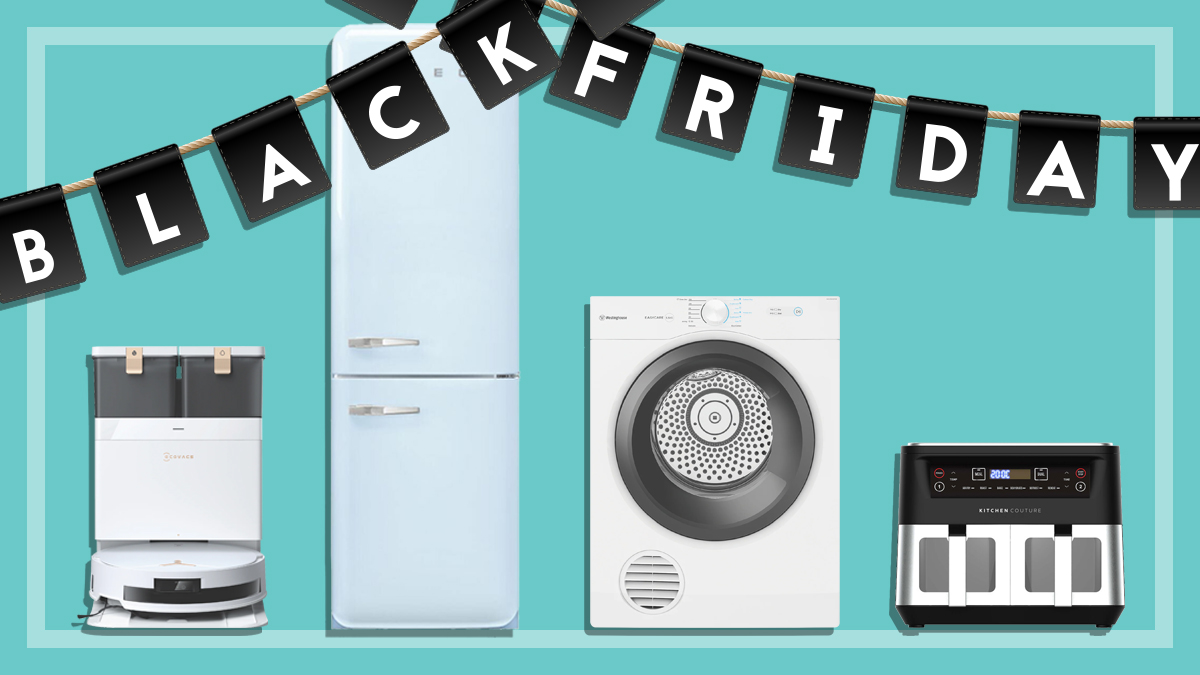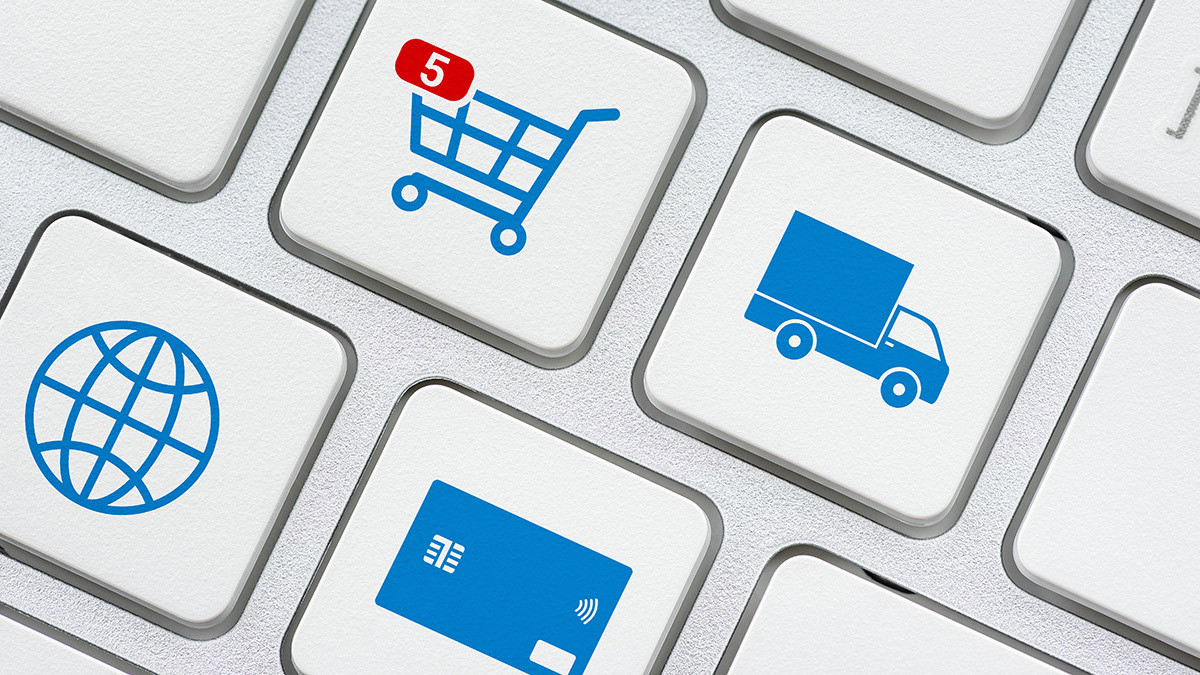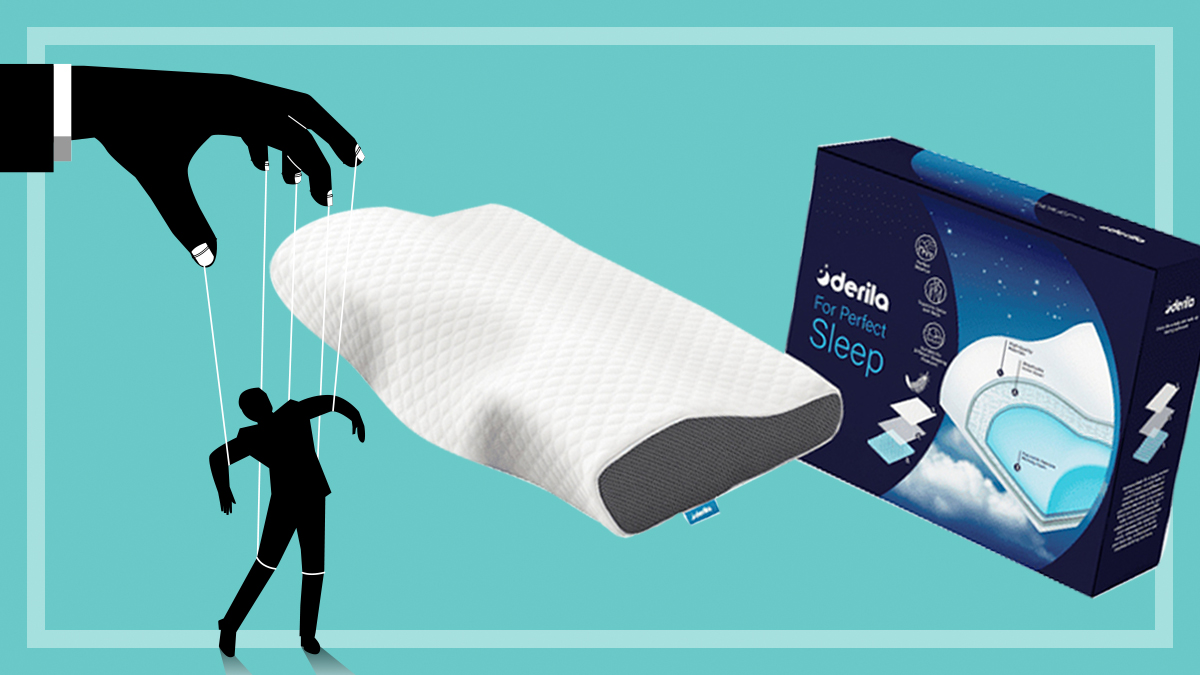Get our independent lab tests, expert reviews and honest advice.
Counterfeit LifeVac anti-choking devices for sale on eBay
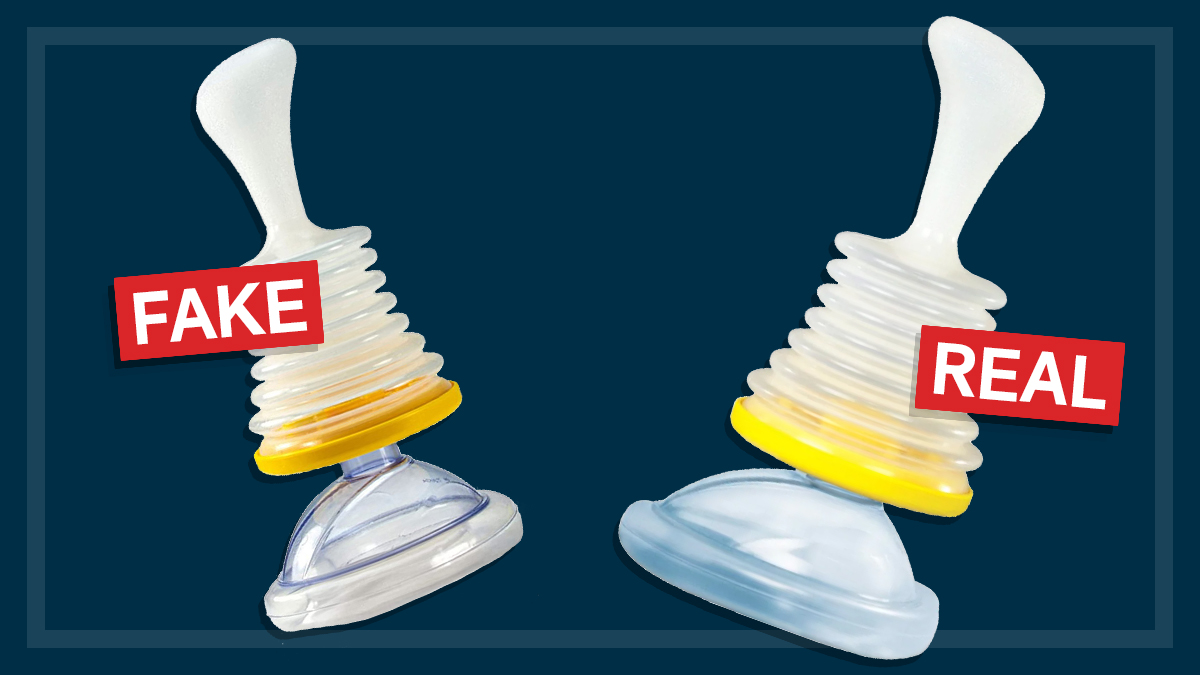
Need to know
- In the 2023–4 financial year, the Therapeutic Goods Administration requested the removal of 4800 unlawful ads for therapeutic goods and devices from digital platforms
- The inherent limits of regulatory oversight have become especially contentious in the case of LifeVac Airway Clearance devices
- LifeVac Australia has charged the TGA with failing to do its duty as counterfeit devices continue to be advertised on eBay and other platforms
One of the Therapeutic Goods Administration’s (TGA) priorities is to make sure unauthorised medical devices don’t end up on the Australian market. But in an age when eBay, Amazon and other online platforms have broken down borders, it’s a mandate that’s gotten harder to fulfill.
In 2023–24, the TGA requested the removal of 4800 unlawful ads for therapeutic goods and devices from digital platforms, including social media platforms. In the current financial year up until the end of December, it had requested the removal of about 12,000.
The TGA has acknowledged that it’s hard to tell an ad for counterfeit goods from an ad for a genuine item
But this was probably a small portion of the ads for counterfeit medical goods seen by Australians over this period. The TGA has acknowledged that it’s hard to tell an ad for counterfeit goods from an ad for a genuine item without launching a full-scale investigation, and it doesn’t do that in every instance.
But the regulator will take action on high-profile cases, as it did in 2023 when it issued a warning about counterfeit Ozempic products imported into Australia. (The diabetes medication has become a wildly popular weight-loss drug, leading to worldwide shortages.)
“Counterfeit medicines and medical devices are a serious threat to public health,” a TGA spokesperson tells CHOICE, adding that it works with the Australian Border Force as well as state and territory governments to keep them off the market.
Case in point: LifeVac Airway Clearance devices

The TGA adopts a triage approach when picking its battles and considers some issues of lower priority. These inherent limits of regulatory oversight have become especially contentious in the case of LifeVac Australia, the only authorised importer and distributor of LifeVac Airway Clearance devices in Australia and New Zealand. (LifeVac Australia has also authorised other businesses in Australia to sell the device.)
The manual household device is designed to dislodge food through a sucking action to rescue choking victims. It has been registered on the Australian Register of Therapeutic Goods (ARTG) since January 2017.
The jury is still out on the safety and effectiveness of this and similar devices. Though LifeVac is registered with the US Food and Drug Administration, it has not been officially approved by the FDA. One 2020 study assessing the available medical literature on anti-choking devices concludes that there is “insufficient evidence to support or discourage their use”. Anti-choking devices may be effective as a last resort, but only if you use a genuine one.
Counterfeit LifeVac units on eBay
LifeVac Australia owner and director Simon Gould, a clinician with a background in emergency medicine, tells CHOICE the device has saved many lives globally, including lives in Australia. (According to Gould, the numbers are stored on a database maintained by the US and UK offices and come from reports submitted through LifeVac websites around the world.)
But purchasing a genuine LIfeVac device has become problematic in recent years, after ads for counterfeit LifeVac devices, apparently made in China, started appearing in Australia on online shopping sites. Most of the ads have appeared on eBay.
The ads breach LifeVac’s trademark by using its name, videos, literature and logos. The counterfeit units lack ARTG numbers and may pose a serious health hazard.
Counterfeit LifeVac units have also been sold in the UK, where genuine units are also available under a licensing agreement with the US manufacturer.
Counterfeits and unbranded copies of LifeVac anti-choking devices may fail to work correctly or worsen choking incidents if used
Medicines and Healthcare products Regulatory Agency, UK
The UK’s Medicines and Healthcare products Regulatory Agency (MHRA) issued a public warning in March 2024, saying “counterfeits and unbranded copies of LifeVac anti-choking devices may fail to work correctly or worsen choking incidents if used”. No such warning has been issued by the TGA in Australia.
Whether or not anti-choking devices such as LifeVac are ultimately endorsed by medical authorities, it seems clear that counterfeit devices potentially pose a danger to the public. But eBay takes no responsibility for facilitating their availability to Australians. In a letter to Simon Gould , the online marketplace said it is “neither the seller nor the supplier of any of the goods sold on the eBay platform. Rather, the eBay platform offers a marketplace for buyers and sellers from all over the world to exchange goods”. The platform adds that it “has no control over and does not guarantee the quality, safety or legality of items advertised”.
An eBay Australia/New Zealand spokesperson tells CHOICE that the company is “a pure third-party online marketplace”.
Responsibility for the quality or safety of the items listed on eBay remains with the seller who has listed or offered them for sale
eBay spokesperson
“That means eBay is not the party that lists or offers items for sale appearing on our website. Responsibility for the quality or safety of the items listed on eBay remains with the seller who has listed or offered them for sale.”
The spokesperson says all eBay users must adhere to policies that “make clear that the listing of counterfeit items or unsafe products is not allowed” and that non-compliance, if detected, will result in account suspensions.
“In relation to LifeVac specifically, we can confirm we have deployed blocks to restrict counterfeit LifeVac items from appearing on eBay and that these are still active,” the spokesperson says, adding that eBay recently acted on notifications from the MHRA regarding counterfeit units.
How to tell the difference between a genuine and counterfeit LifeVac device in Australia
Should the TGA take stronger action?
In recent years, Gould has been engaged in a pitched battle with the TGA. He maintains the regulator hasn’t done enough to stop the counterfeit LifeVac devices from being sold to Australians and has dismissed his efforts to goad it into taking stronger action.
“When LifeVac Australia offered its collection of counterfeit and dangerous copies to the TGA on multiple occasions the offer was rejected and when sent to TGA they were returned unopened,” Gould says.
In his view, he’s taken on what should be the TGA’s job.
“Without the reports by LifeVac Australia, the TGA would likely have known nothing of the dangers of counterfeit devices of this type because, as far as we know, there was no proactive market surveillance,” Gould says.
When LifeVac Australia offered its collection of counterfeit and dangerous copies to the TGA on multiple occasions the offer was rejected and when sent to TGA they were returned unopened
LifeVac Australia director Simon Gould
The fake units are clearly an economic threat to Gould’s business, but he says he’s also worried about the threat to people’s lives. In the absence of a TGA warning, his company took out newspaper ads warning the public about the dangers of counterfeit devices.
In 2023, Gould wrote to Federal Health Minister Mark Butler, urging him to intervene and pressure the TGA to do their job and making the case that the TGA has let eBay off too easily.
He also filed a complaint with the Department of Health and Aged Care and the Commonwealth Ombudsman and wrote a letter to Professor Tony Lawler – the Department of Health and Aged Care’s chief medical officer – outlining his views about what he considers the regulator’s failings.
Gould even filed a Compensation for Detriment Caused by Defective Administration against the TGA. These efforts have not resulted in any acknowledgment that the TGA had failed in its duties, and compensation was denied.
Meanwhile, the TGA spokesperson tells us that the regulator works closely with a number of online platforms, including eBay, Meta, TikTok and Amazon. “When alleged unlawful advertisements on social media come to our attention, we alert the particular platform, who typically take action quickly.”
TGA says eBay ‘doing all it can’
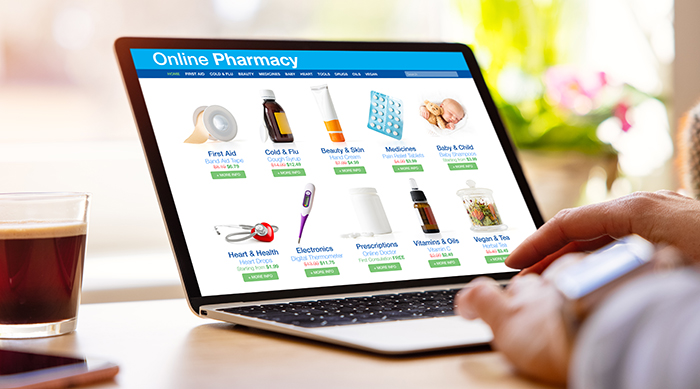
Through a Freedom of Information request, Gould obtained email exchanges between both the TGA and eBay and the TGA and the Department of Health that he believes show that the regulator has taken an inappropriately light-touch approach to the LifeVac case, a characterisation the TGA refutes.
In Gould’s view, the emails suggest that the TGA passively accepted eBay’s assessment that it was a trademark and copyright dispute, and not one about breaches of the Therapeutic Goods Act and dangerous medical goods being sold to Australians.
But the regulator disagrees. In one exchange between a TGA official and higher-ups in the Health Department, the official says “while Mr Gould is claiming that the TGA is not doing anything, significant focus is being undertaken to support compliance and a disproportionate amount of resources are currently allocated compared to other identified priorities”.
The official goes on to say that the TGA had facilitated the removal of all the advertisements Gould had flagged as fraudulent as well as other ads for counterfeit LifeVac units it discovered through its own monitoring program.
“We acknowledge that the eBay platform seems to be the most problematic for unlawful advertisements under Australian legislation,” the TGA official continued. “However, eBay are doing all that they can to assist, and in addition to removing the advertisements we’ve requested, they’ve removed many more.”
We acknowledge that the eBay platform seems to be the most problematic for unlawful advertisements under Australian legislation
TGA official in an email to the Department of Health and Aged Care
The TGA official passed along eBay’s assurance to the Health Department that it had designed and implemented a blocking filter for fraudulent LifeVac ads and had blocked over 575 of them.
Gould says that would have been a small fraction of the ads for counterfeit units. And he takes issue with other statements from TGA officials in the emails that suggest other retailers aside from LifeVac Australia and its authorised sellers are advertising genuine units with proper ARTG numbers.
In an email exchange between eBay and the TGA, eBay recommends that Gould register with eBay’s Verified Rights Owner (VERO) program, which is designed to prevent trademark and intellectual property infringements. The TGA then passed this detail along to the Health Department when discussing the case.
To Gould, this detail suggests that the TGA is simply taking eBay’s word for it. Had the TGA checked, Gould says he would have told them: “The registration was already in place and had already failed to produce any results”.
The TGA spokesperson declined to comment on the LifeVac case, saying the regulator doesn’t comment on individual complaints or investigations.
“In appropriate cases, the TGA may take regulatory action including safety warnings, recalls and civil penalty proceedings,” the spokesperson says, adding that it urges consumers “to exercise caution when purchasing medicines and medical devices from unknown websites, social media and digital platforms”.


